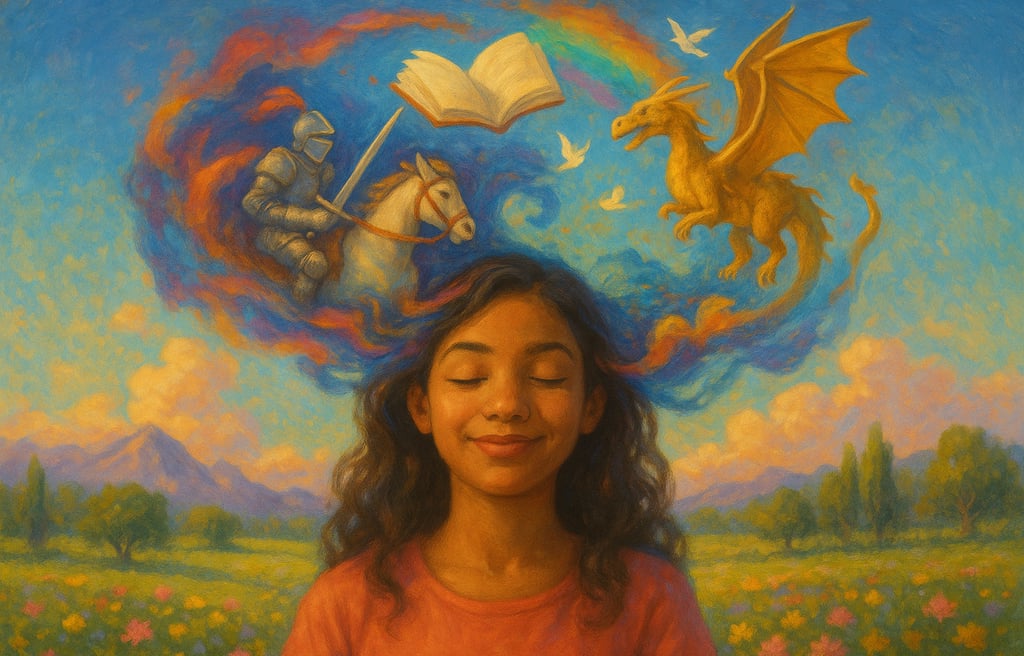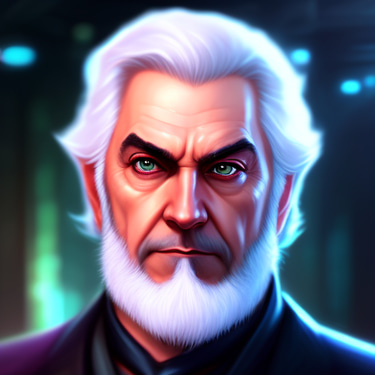Will Fiction Survive Paradise?
If nothing bad exists in the JW version of Paradise, can people still imagine it? Will stories with conflict and danger be allowed. Or will fiction itself get paradise-filtered?
SHOWERTHOUGHTS
Oliver
5/27/20251 min read


Imagine a world where nothing bad ever happens. No violence, no lying, no death, no rebellion. It sounds peaceful enough — until you try to write a story in that world.
According to Jehovah’s Witnesses, this is what awaits in the New System. A world where everything unpleasant has been permanently erased and everyone is perfectly obedient, emotionally balanced, and morally spotless for all eternity.
Which brings up an odd question: what happens to fiction?
Not just bedtime stories about friendly animals or retellings of Bible dramas, but actual fiction. The kind that includes conflict, danger, rebellion, mystery, betrayal, even violence. The kind of stories that explore human struggle and push the imagination into places that are messy, unexpected, and sometimes dark.
Would a kid still be allowed to pretend they’re a pirate fighting sea monsters? Could someone write a mystery where a crime takes place and a flawed character has to solve it? Or would all storytelling be quietly redirected toward safe, sanitized themes like agriculture reports, animal friendships, and the history of broccoli?
At some point, if imagination is only allowed to operate within approved moral boundaries, it stops being imagination and turns into yet another form of obedience. Fiction becomes less about exploration and more about reinforcement. A place where nothing uncomfortable ever happens, because discomfort isn’t part of the eternal package.
And if that’s the vision of Paradise, then it starts to feel less like a creative utopia and more like a library where someone quietly removed all the good books.
